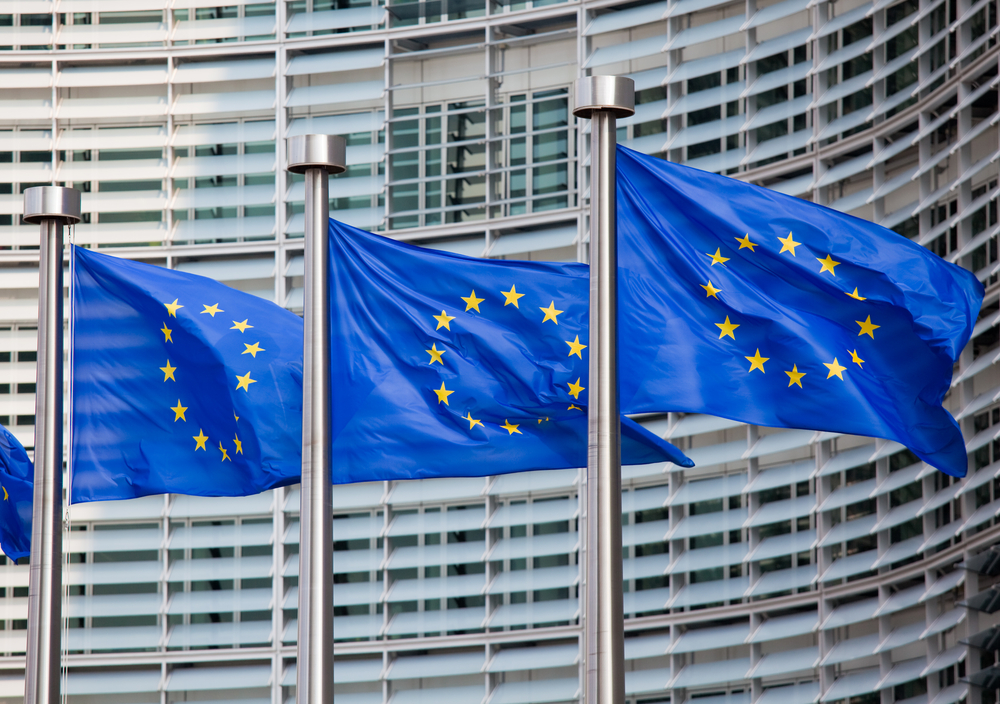
VIENNA – Oil, gas, banks and more, worth tens of billions of dollars to the highest bidder. Less than 10 days after signing its nuclear deal, Iran formally threw open its doors Thursday to European Union companies, eager to do business – and dozens of firms answered the call.
Amir Hossein Zamania, an Iranian deputy oil minister, told the “Iran-EU Conference, Trade and Investmen” forum that by 2020, his country hoped for foreign partnerships for oil and gas projects that alone were worth $185 billion (nearly 170 billion euros.)
But even more than oil and gas are at stake, with Iranian officials also pitching the mining sector, Iran’s automotive industry, and the financial sector, at what they bill as the first forum of its kind since Tehran and six world powers sealed the deal.
Nearly three times the size of France, Iran holds plenty of economic promise. The country of 80 million people generates a $400-billion economy, boasts the world’s fourth-largest oil reserves, the second-biggest stores of natural gas, and has well-established manufacturing and agricultural industries.
Sanctions slapped on Iran are scheduled to be lifted over the coming months as the deal unfolds. But even post-nuclear agreement, Tehran will remain under Western scrutiny for its role in fomenting Mideast unrest and its human rights record.
That appeared to temper the wish for public exposure Thursday. Several people turned down requests for interviews as a few demonstrations outside the Austrian Chamber of Commerce urged participants to shy away from business as usual.
But some said they had no problems with publicly pushing for an end to Iran’s economic isolation.
“This meeting is a confirmation of my point of view that the opening to Iran will gain traction,” said Alexander Schwartz of an Austrian consulting company focused on the water and energy sectors.
Zamania, the deputy oil minister, said the conference was meant as a chance for “networking and to find common ground on how to start new partnerships in Iran.”
“I’m not surprised,” he told The Associated Press, when asked about the large turnout of more than 300 people at the venue’s auditorium.
Austrian statistics tell the larger European Union story of business opportunities to a major Middle East market shut off for nearly a decade to most outsiders due to sanctions. Austrian exports were valued at 400 million euros (nearly $440 million) in 2004, before the sanctions started to bite. Last year, they were a little more than half that.
Chamber of Commerce officials hope to break the 1 billion euro ($1.1 billion) mark over the next few years.
European politicians are doing their share to help businesses tap into the Iranian market. As the conference opened, the office of Austrian President Heinz Fischer announced that Fischer would visit Tehran starting Sept. 4 as the first European head of state to do so. German Economics Minister Sigmar Gabriel returned from Tehran on Tuesday after heading a large business delegation to the Iranian capital.
American firms, though, will have to wait. U.S. sanctions not related to the nuclear program will still be in place and bar most American companies from doing business with Iran. That gives the Europeans – and Asian companies – a huge advantage.